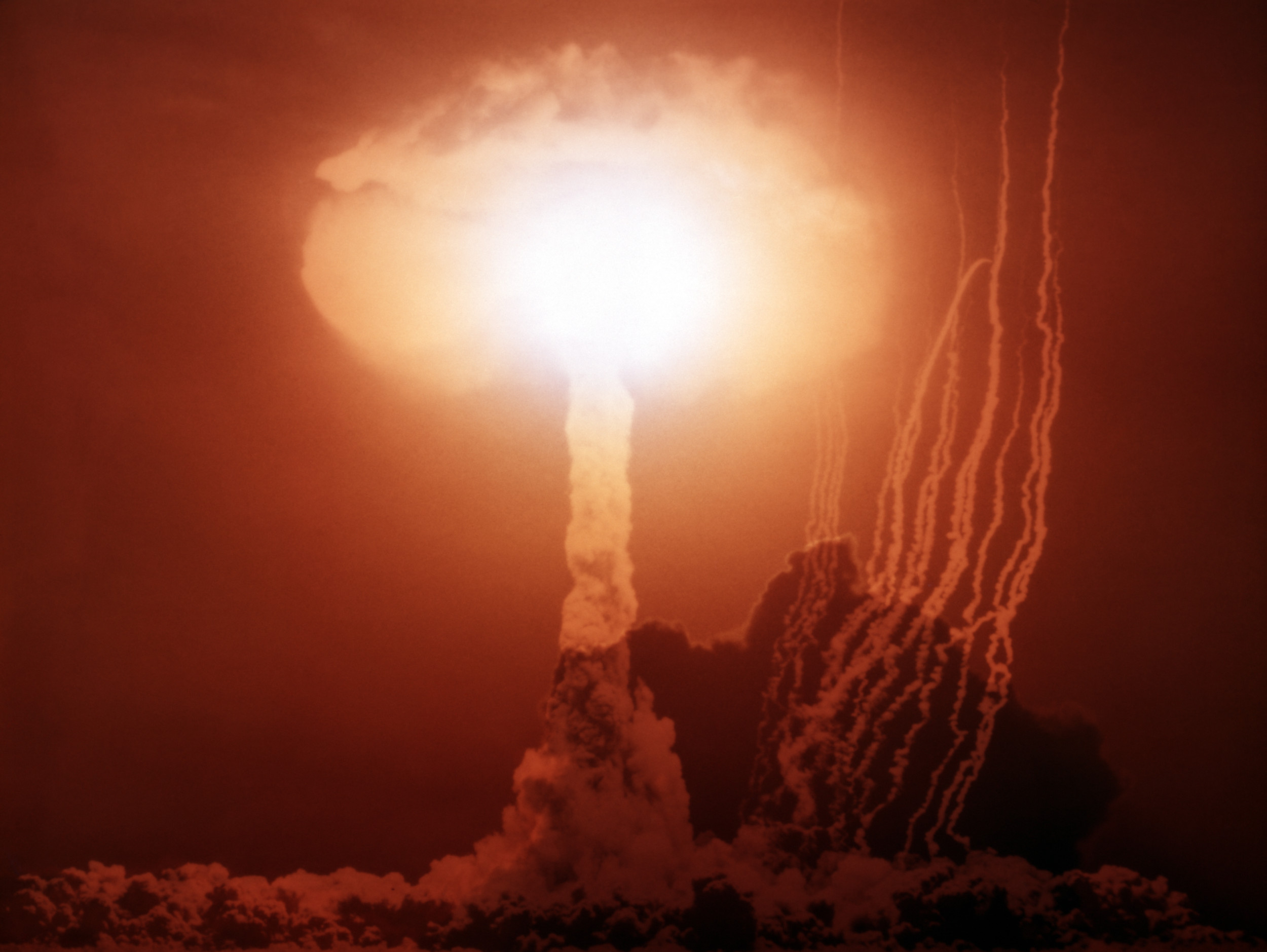
An expert in nuclear policies who was appointed for the Department of Energy under the Biden administration in February 2024, previously co-authored an article titled “queering nuclear weapons” which was a case for “queer theory” should be utilized to guide American nuke policy.
Sneha Nair is an assistant specialist for the National Nuclear Security Administration, the agency that is responsible for ensuring the security and safety of America’s vast collection of nuclear weapon.
On Wednesday, Beijing declared they were “seriously concerned” after President Biden revised the America’s Nuclear Employment Guidance to focus on the threat posed by China According to The New York Times.
Nair co-authored a piece entitled Queering nuclear weapons The way LGBTQ+ inclusion strengthens security and transforms disarmament that appeared in the month of June, 2023 in the prestigious Bulletin of the Atomic Scientists The Bulletin of the Atomic Scientists is a journal that concentrates on the dangers to humanity that are posed by the new technology.
The U.S. nuclear weapons stockpile has been under greater scrutiny due to increasing tensions between rival nuclear-armed countries like Russia and China. As per the Stockholm International Peace Research Institute Russia currently has 4,380 nuclear weapons compared to 3,708 in China, 3,708 for the U.S. and 500 for China.
Beijing is believed to be expanding rapidly its arsenal of nuclear weapons. U.S. military estimates it could possess more than 1,000 nuclear weapons by 2030.
In the time she wrote the article Nair was a nuclear researcher within the Stimson Center, a Washington, D.C-based think tank. The co-author of the article of the article was Louis Reitmann, a research associate at the Vienna Center for Non-Proliferation and Disarmament.
In their essay Nair and Reitmann discussed queer theory, described in terms of “a field of study, closely related to feminist theory, that examines sex- and gender-based norms,” could “help change how nuclear practitioners, experts, and the public think about nuclear weapons.”
They added: “Queer theory also identifies how the nuclear weapons discourse is gendered: Nuclear deterrence is associated with ‘rationality’ and ‘security,’ while disarmament and justice for nuclear weapon victims are coded as ’emotion’ and a lack of understanding of the ‘real’ mechanics of security.”
Nair and Reitmann employed their article to criticize what they said was a focus too much upon “the abstract idea of national security” over individual rights.
Exclusively available to subscribers
Get it now for just $1
They added: “The queer lens prioritizes the rights and welfare of the people above the concept of national security. Moreover, it challenges the traditional conception of nuclear weapons, asking whether they actually stop nuclear war, stabilise geopolitics, or reduce the chance of conventional warfare.
“Queer theory asks: Who created these ideas? How are they being upheld? Whose interests do they serve? And whose experiences are being excluded?”
The authors praised the nuclear disarmament and wrote: “Queer theory helps us not just see the negative of a planet with the use of nuclear weaponry, but to imagine the positive aspects of a future without these weapons.
“It envisions using the resources freed up by nuclear disarmament to build structures that tangibly increase people’s safety and well-being through health care, social housing, etc.”
Newsweek has contacted with the Department of Energy and Sneha Nair on Thursday for comment via email through department of energy’s press office out of office hours.
In the last month, House Intelligence Committee Chair Rep. Mike Turner said he was concerned that Iran might declare itself to be as a nuclear weapon country “by the end of the year.”
The U.S. is legally obliged to seek global nuclear disarmament as per the treaty for the Non-Proliferation of Nuclear Weapons, that was signed by 190 nations comprising China and the U.S. Russia and China.
As part of the new START agreement with Russia the two parties agreed to limit the number of the number of strategic warheads to not more than 1,500 in total. The agreement expires in 2026.


